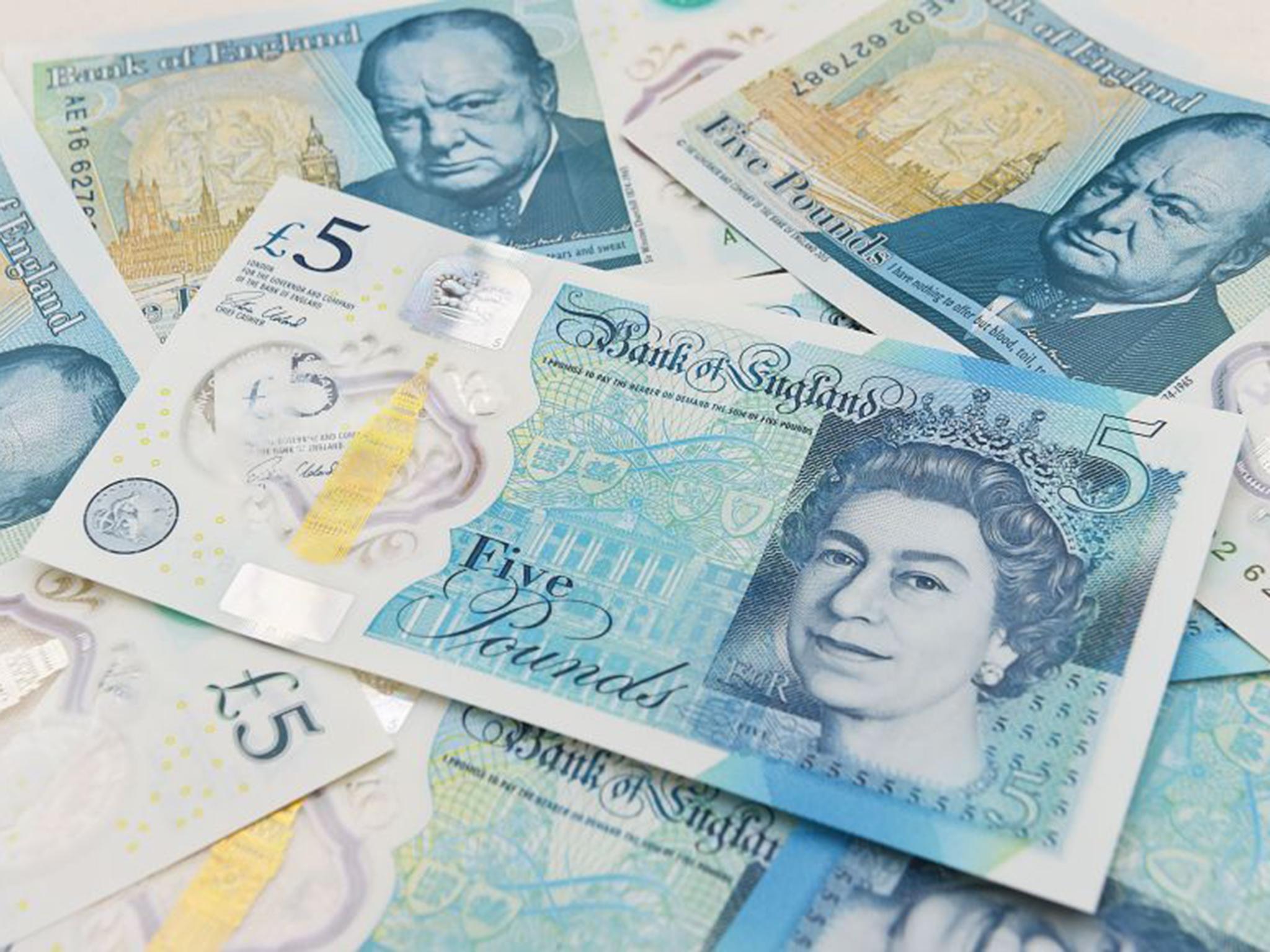Paying for taxis is a thorny issue. Uber has become one of the world’s most valuable private companies, and they don’t touch cash. Taxi hailing services such as Kabee and Gettaxi use a similar system. You would think that this would cause the incumbents to do the same – however, taxis in both London and Paris rarely accept card payments.
Smaller businesses have been traditionally more reliant on cash, but this is an area where startups have helped to level the playing field. Companies like GoCardless and iZettle have made it measurably easier for SMBs to take payments via direct debit and debit and credit cards respectively, and in doing so have reduced the reliance of SMBs on both cash and the traditional banks.
Parking is another area traditionally associated with cash. PaybyPhone allows road users to pay for, and top-up, their parking meters using a cashless app. Parking space marketplaces such as JustPark and YourParkingSpace allow users to discover, book, and pay for parking before they travel; and also enable car-park or real-estate operators to sell parking spaces that aren’t earning them money. Even though the majority of car parks still rely on payment-on-site, whether through cash or card, it is hard to see this solution surviving, given the upsides offered to both drivers and vendors.
Bars and restaurants are now largely cashless. Consumers often don’t carry a huge amount of cash, especially in cities. Contactless has become king of the evening and night-time economy.
Paying for taxis is a thorny issue. Uber has become one of the world’s most valuable private companies, and they don’t touch cash. Taxi hailing services such as Kabee and Gettaxi use a similar system. You would think that this would cause the incumbents to do the same – however, taxis in both London and Paris rarely accept card payments.
Smaller businesses have been traditionally more reliant on cash, but this is an area where startups have helped to level the playing field. Companies like GoCardless and iZettle have made it measurably easier for SMBs to take payments via direct debit and debit and credit cards respectively, and in doing so have reduced the reliance of SMBs on both cash and the traditional banks.
Parking is another area traditionally associated with cash. PaybyPhone allows road users to pay for, and top-up, their parking meters using a cashless app. Parking space marketplaces such as JustPark and YourParkingSpace allow users to discover, book, and pay for parking before they travel; and also enable car-park or real-estate operators to sell parking spaces that aren’t earning them money. Even though the majority of car parks still rely on payment-on-site, whether through cash or card, it is hard to see this solution surviving, given the upsides offered to both drivers and vendors.
Cash is currently very useful for those who wish to indulge in illegal activity, such as buying drugs and arms, as the paper-trail left by cash is very hard to follow. Having said this, the combination of bitcoin and Silk Road demonstrated that cashless technologies could offer criminals similar anonymity. Even if cash were abolished tomorrow, criminals would likely find a way to disguise their dealings. It’s not a perfect system – the FBI has already caught bad guys hiding behind crypto– but cops caught bank robbers too.
There is also the serious subject of the under-banked: those who are excluded from the financial mainstream (current accounts, credit cards, mortgages), often as a result of low/no income. This is where companies such as Pockit deserve credit for offering a more inclusive alternative. Pockit allows those without access to mainstream banking to sign up for an account for free, and access a debit card for as little as 99p. Of course, Kenya’s M-Pesa has long been a fantastic example of how existing, basic mobile technology can be harnessed to enable previously un-banked users to transfer money and access micro-finance.
It is a common assumption that young people use less cash than older folk, but studies conducted in both the USA and Germany conclude that the youth are spending cash.
Having said this, the movement away from cash is very much in effect in certain parts of the world. Only two percent of all transactions in Sweden are made using cash. Only seven years ago there was 106bn cash krone in circulation in Sweden, last year there were only 80bn. Even in spite of Riskbank’s last-ditch attempt to kneecap the country’s efforts to go cashless, old-fashioned money is becoming a rarity.
Other countries are catching up to Sweden. Seven other nations now use non-cash payments for over half of all transactions. Notably, two of the world’s largest economies, the USA and China aren’t amongst them.
If the rest of the world follows Sweden’s example, the long-term implications could be extremely beneficial for increasing competition in the banking sector. Launching a neo-bank would be far easier: no need to install ATMs, or to pay the recurring fees. No need, also, for banks to handle and secure cash on-site.
So will the new fiver be the UK’s last new bank note? Yes, I think it will be. It certainly should be. Technology and spending habits have come far enough to start sending cash into planned obsolescence. As long as everyone is able to participate in a cashless economy, paper money should be consigned to the vaults of history.






 So will the new fiver be the UK’s last new bank note? Yes, I think it will be. It certainly should be.
So will the new fiver be the UK’s last new bank note? Yes, I think it will be. It certainly should be.

